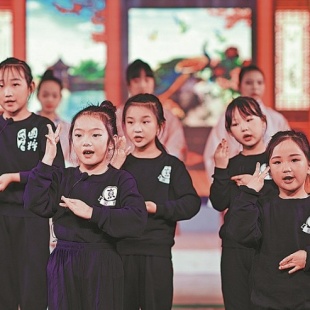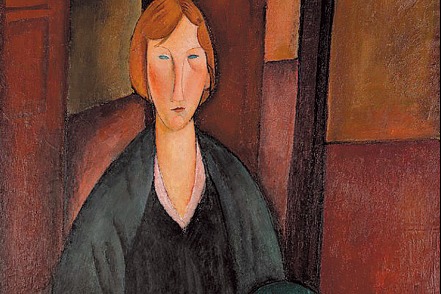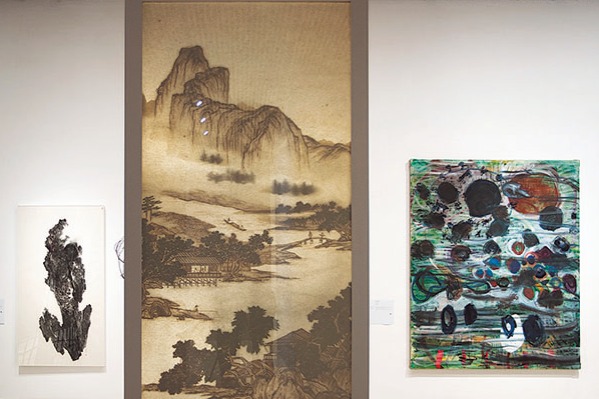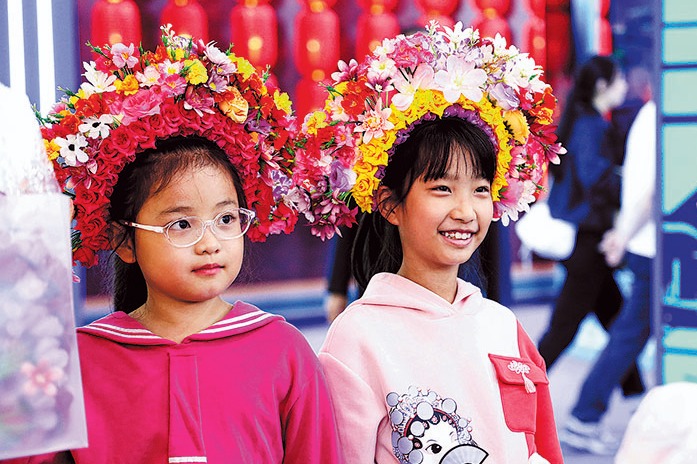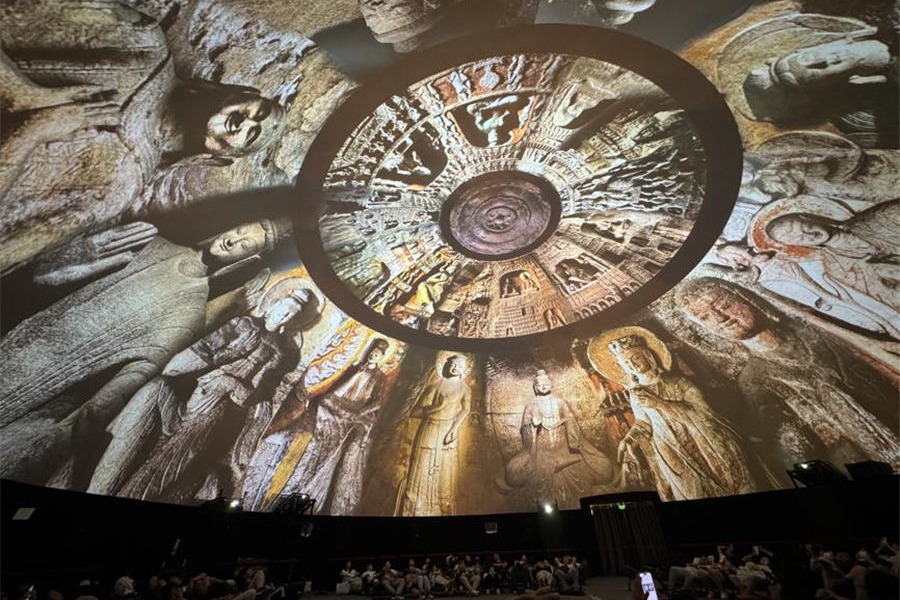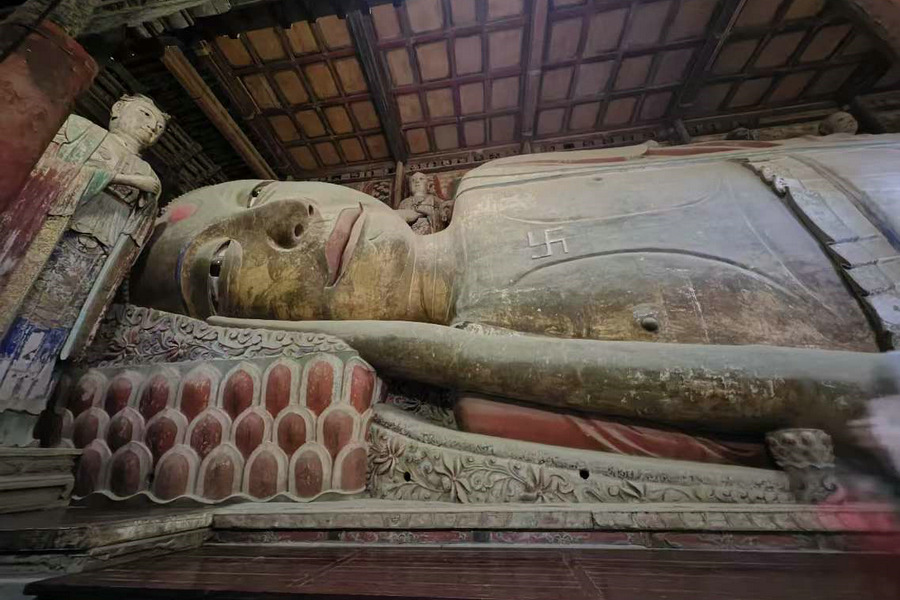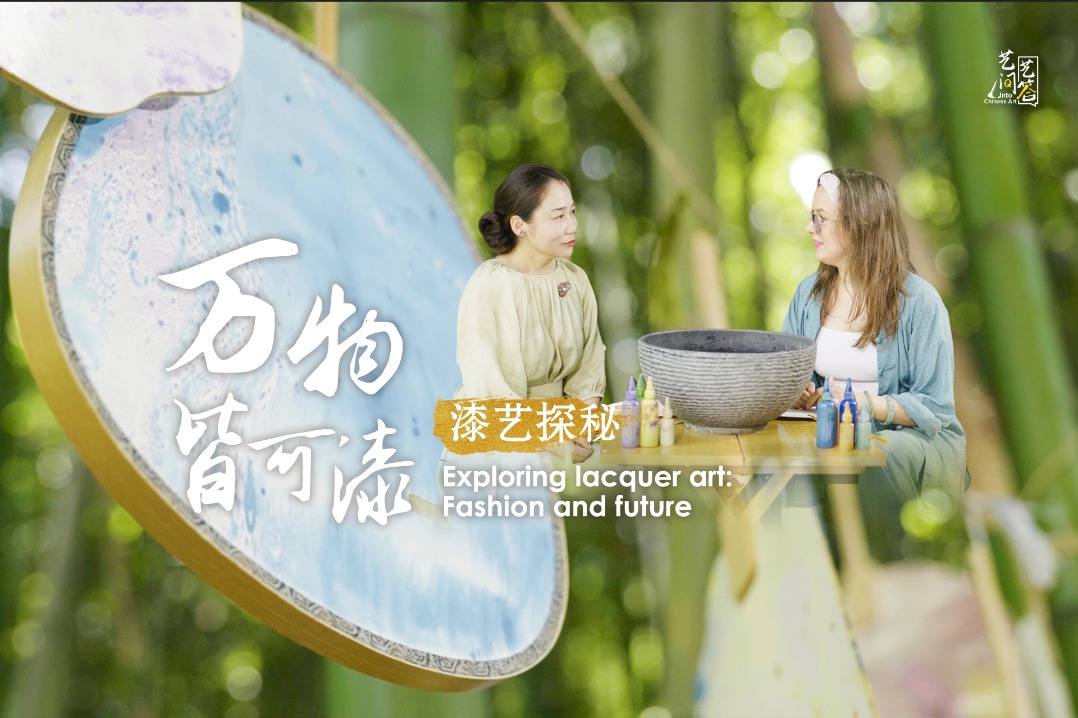Peking Opera pitched to younger audiences


Campus production
Li Jing, 34, a Peking Opera actress and also a teacher at the Donggaodi Youth Science and Technology Museum in Beijing, recently co-directed a "campus Peking Opera "catering to students. The youngest player in the production was a grade two primary school pupil, while the eldest was in the second year of high school.
The opera tells the story of Chang'e, the Chinese goddess of the moon, and the Chinese Lunar Exploration Program named after her.
"I hope that more teenagers can gain an interest and understanding of the art form by watching this 'campus Peking Opera'," Li Jing said. "The art form is the quintessence of our country, condensing the wisdom and efforts of countless predecessors. As a traditional art, it needs to be inherited and developed by the younger generation.
"This work, which includes the space program, innovatively imparts science and technology knowledge to students in the form of Peking Opera."
In 2019, Li Jing joined the cast of the stage drama Dong Huang (Empress Dong), which premiered in Beijing in May that year and toured nationwide.
This work, which also combines stage drama with Peking Opera, tells the story of actress Meng Xiaodong (1907-77), known to her fans as Empress Dong.
Peking Opera performances initially featured all-male casts, and it was not until the early 20th century that female artists playing laosheng-elderly male roles-became commonplace.
Meng, who was among the best-known laosheng performers, was renowned for her clear voice and commanding portrayal of male roles.
Li Jing performed Peking Opera parts in the stage role of Meng. "Many audiences told me they became curious about the art form after watching the production," she said.
Ji Pei, the director of Dong Huang, said: "This stage drama not only interprets the legend of Meng Xiaodong, but also sheds light on the survival and emotional lives of independent women, combining with the beauty and charm of Peking Opera. No wonder it has had great success in attracting audiences."
Guo Baochang, 82, a respected television series director and longtime Peking Opera enthusiast, co-authored a book titled Peking Opera: The Great Game, which was published last year.
The book explores the charm of Peking Opera from a new perspective and interesting stories about the art form.
Guo also adapted his popular TV series The Grand Mansion Gate, which focuses on a family's ups and downs at the end of the 19th and start of the 20th centuries, into a Peking Opera work, which debuted in 2017.
In his book, he makes clear that Peking Opera only has a future if it innovates and reforms to keep up with today's world of global integration and cross-industry development.
"Now we should study changing tastes among audiences in the modern era, take part in market competition, and incorporate other art forms to promote Peking Opera.," Guo writes.


